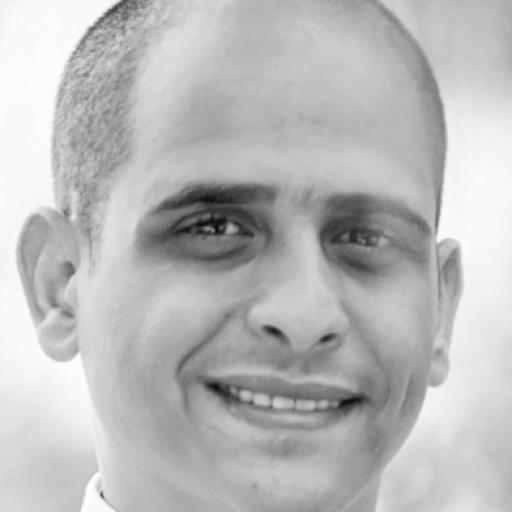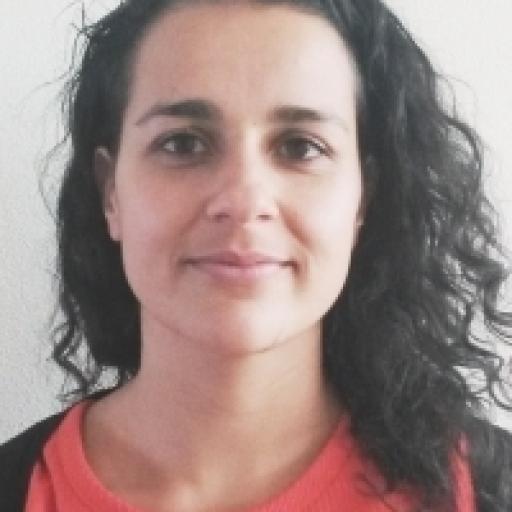The “underdeveloped” is a label often ascribed by the powerful to those who possess less power, by those who perceive themselves as developed to an “Other”. The concepts of “development”, “progress” and “advancement” were at the centre of the contested Western imperial project of modernity. These concepts were later embraced by post-colonial nations of the global south after World War II and further on by states in Eastern Europe during and at the end of the Cold War as a standard to achieve. Thus, the legacies of the modernist colonial projects outlived the formal colonialism and became integrated in succeeding social orders, resulting in what Mignolo (2007), Grosfoguel & Georas (2010) and Ndlovu-Gatsheni (2013) refer to as “coloniality of power”. The language of development spoke of a better future, a good life often symbolized by selective notions of capitalism, human rights, liberal democracy - the characteristics of which varied in different parts of the world. Central to these conceptions of development is a particular understanding of modernity as inevitable and inescapable, a telos, and a logical consequence of the progress of time (Ferguson, 2005) which nevertheless reiterated a distinction between the developed and underdeveloped.
The “underdeveloped” is also a subject position created by this discourse of modernity. It is a subjectivity that can be embraced and negotiated, a stigma that often haunts particular subjects, cultures, and usually passed on from one generation to another. The label of “underdevelopment” left different nations - outside the West - with different frames of negative pasts. Although Ferguson (2005) and Berlant (2011) argued these developmental narratives have lost their credibility in different parts of the world, nevertheless, individuals seem stuck with the label of “underdevelopment”, awaiting a modernity that is continuously interrupted/postponed by economic crisis, wars, authoritarianism, natural disasters, etc. It became a type of heritage, in the definition offered by Graburn (2001) who defines heritage as the cultural transmission of a material or a symbolic estate (a set of myth, rights, ownerships, stories or persona). By considering it a large part of what constitutes the identity of an individual or a collective, he urges us to expand our understanding of heritage beyond what is labelled as “world heritage” by nation states and institutions like UNESCO. Instead, his definition of heritage rhymes with others by Appadurai (1998), Chatterjee (1993), Asad (2003), Mitchel (2005), Blacker and Etkind (2013) urging us to investigate the past - and accordingly heritage - as a resource for identity formation, and a site of contestation of dissonant narratives. While the “underdeveloped” is often discussed within heritage and memory studies as problem that requires a progressive intervention, a crisis or a danger that needs remedy, we invite scholars from interdisciplinary backgrounds and different area studies to further investigate how the stigma of underdevelopment works in heritage production.
• How is the stigma of “underdevelopment” employed and negotiated in the production of heritage?
• How does one choose to represent the present or the future, knowing that this heritage comes from an uncontested ideal of progress or the disruption of it?
• How do sites of memory emphasize or conceal representations of “underdevelopment”?
• What are the subjectivities produced by the discourse of “underdevelopment”? To what extent do they internalize these narratives of the self/collective?
• How is a particular frame of the past labelled as “underdeveloped”?
For more information, see the website of sit-im



